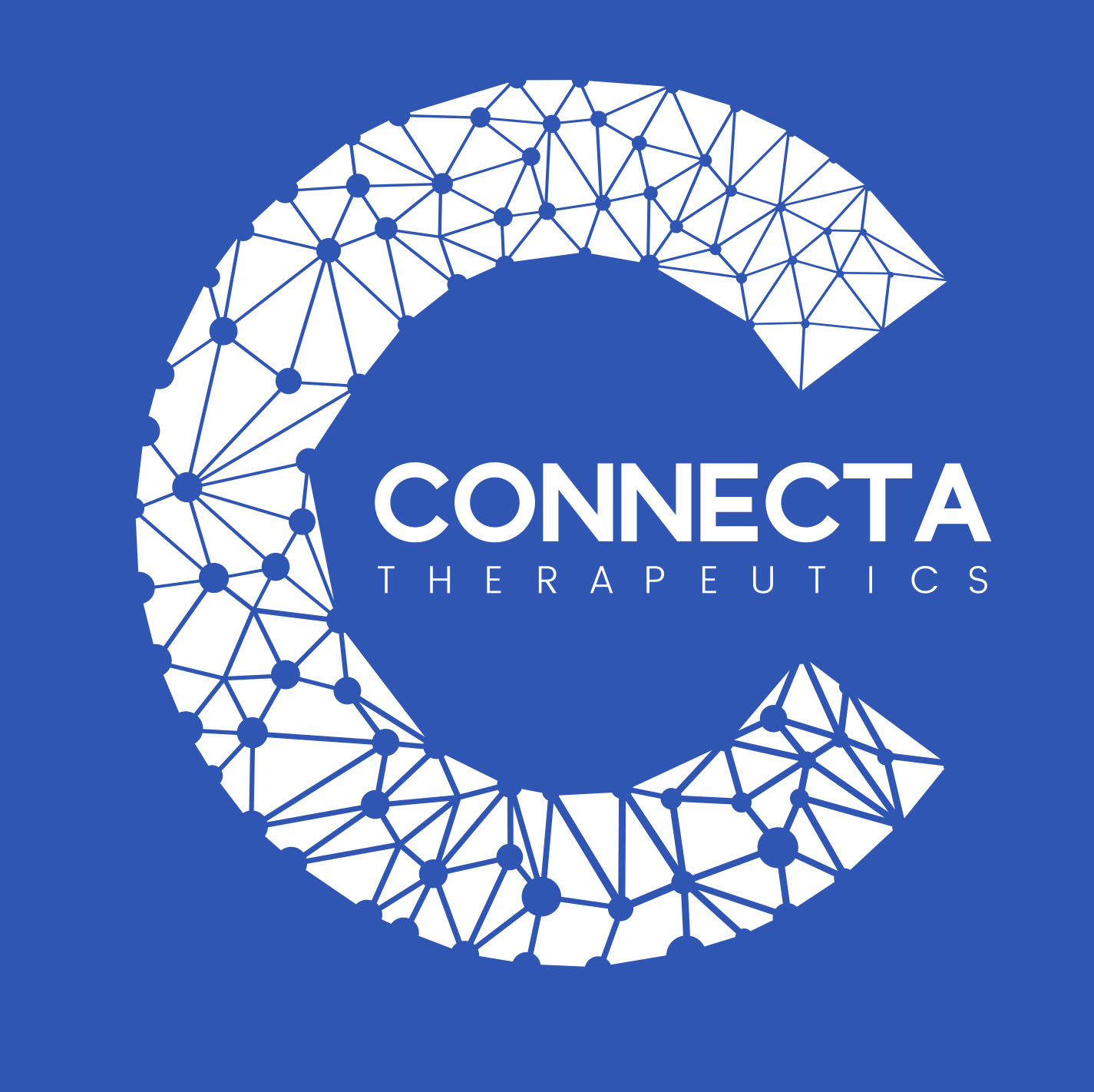We are excited to share journal publications like this one resulting from FORWARD data. There are many more papers currently in development, and the future for Fragile X syndrome research is bright as more data is gathered.
Clinicians’ Experiences with the Fragile X Clinical and Research Consortium
Abstract
The objectives of the study were to assess the attitudes and experiences of clinicians involved in a consortium of clinics serving people with fragile X-associated disorders to gauge satisfaction with the consortium and its efforts to improve quality of life for patients and the community. An internet survey was sent to 26 fragile X (FX) clinic directors participating in the Fragile X Clinical and Research Consortium (FXCRC).
Respondents were asked to complete 19 questions on consortium performance and outcomes relevant for their own clinic. The response rate was 84% (22/26), with two surveys providing incomplete data. Assistance with clinic establishment, opportunities for research collaborations, and access to colleagues and information were highly valued. Approximately 76% of clinicians reported improvements in patient care and 60% reported an increase in patient services. There was a 57% increase in participation in a FX-related clinical trial among clinics since joining the FXCRC (24% vs. 81%). Overall, respondents reported primarily positive experiences from participation in the FXCRC.
Common suggestions for improvement included additional financial support and increased utilization of collected patient data for research purposes. Additionally, a Clinic Services Checklist was administered annually to examine changes in services offered over time. There were several important changes regarding the provision of services by clinics, often with multiple clinics changing with respect to a service. In conclusion, the FXCRC has led to the establishment and sustainment of fragile X clinics in the U.S., fostered cooperation among fragile X clinicians, and provided clinics with a platform to share recommendations and best practices to maximize quality of life for their patients and the overall fragile X community. The results from the survey and checklist also provide suggestions to strengthen the FXCRC and enhance future collaborations among FXCRC members.
Liu, J. A., Hagerman, R. J., Miller, R. M., Craft, L. T., Finucane, B., Tartaglia, N., Berry-Kravis, E. M., Sherman, S. L., Kidd, S. A., & Cohen, J. (2016). Clinicians’ experiences with the fragile X clinical and research consortium. American journal of medical genetics. Part A, 170(12), 3138–3143. https://doi.org/10.1002/ajmg.a.37948





